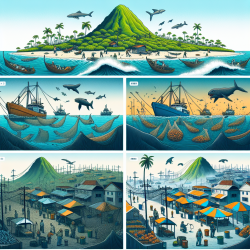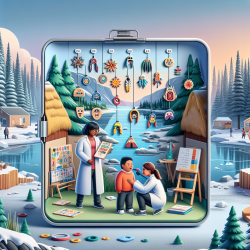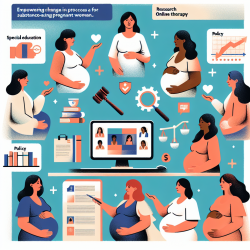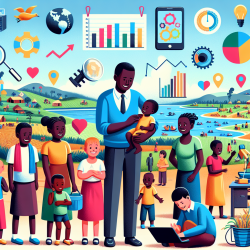Introduction
The COVID-19 pandemic has drastically impacted global economies, and the Galapagos Islands are no exception. The collapse of tourism, which accounts for a significant portion of the Galapagos' GDP, has led to economic instability. However, the small-scale fisheries sector has demonstrated remarkable adaptability and resilience, providing valuable insights for practitioners worldwide.
Understanding the Impact
The pandemic caused a near-total collapse of the tourism sector in the Galapagos, which traditionally consumed around 70% of the fish supply. This sudden drop in demand forced local fishers to pivot from supplying tourists to serving local households, thereby altering societal perceptions of the fisheries sector. Once seen as conflicting with conservation efforts, fisheries are now viewed as crucial for local food security.
Adaptive Strategies
Galapagos fishers have employed several adaptive strategies to cope with the crisis:
- Market Diversification: Fishers shifted their focus from tourism to local markets, offering home delivery services and using social media to reach consumers.
- Cooperative Efforts: Fishers organized themselves to avoid market saturation, coordinating fishing schedules to maintain a steady supply without overwhelming local demand.
- Innovation in Sales: The use of cargo ships for exports and home delivery options helped fishers maintain income streams despite reduced tourism.
Lessons for Practitioners
The Galapagos fisheries' response to COVID-19 offers several lessons for practitioners in similar sectors:
- Flexibility and Innovation: Practitioners should encourage flexibility and innovation in response strategies, utilizing digital platforms for marketing and sales.
- Community Engagement: Building strong community networks can enhance resilience, as demonstrated by the cooperative efforts of Galapagos fishers.
- Policy Support: Supportive policies that recognize the role of fisheries in food security can bolster sector resilience during crises.
Encouraging Further Research
While the Galapagos fisheries have shown resilience, further research is needed to understand the long-term implications of these adaptive strategies. Practitioners are encouraged to explore the socio-economic impacts of similar crises on small-scale fisheries worldwide, identifying best practices and areas for improvement.
Conclusion
The COVID-19 pandemic has highlighted the importance of adaptability and resilience in small-scale fisheries. By learning from the Galapagos experience, practitioners can better prepare for future challenges, ensuring the sustainability and economic viability of fisheries sectors globally.
To read the original research paper, please follow this link: Fishing during the “new normality”: social and economic changes in Galapagos small-scale fisheries due to the COVID-19 pandemic.










